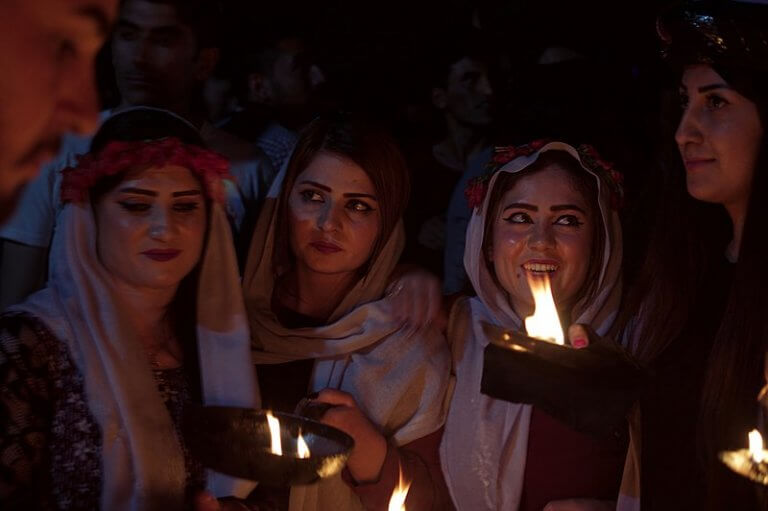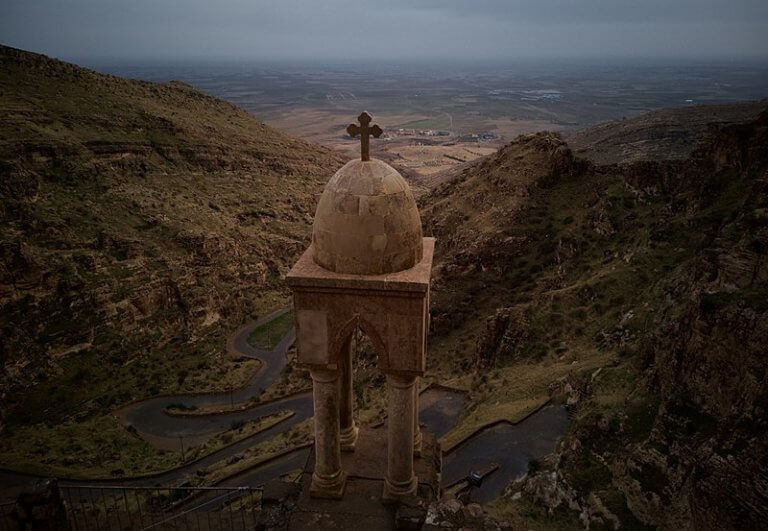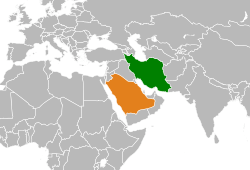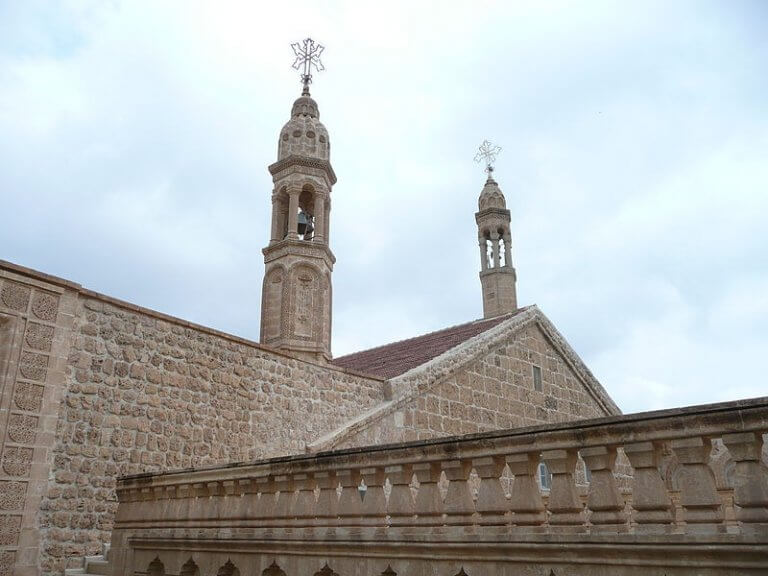Syria’s Law 10: Executive Summary
Summary:
Law 10 was passed by the Syrian government on April 2 of 2018. The Syrian government paints the law as an urban planning measure. It allows the government to create “redevelopment zones” that will be slated for reconstruction. If an individual’s property is not recorded with the real estate authorities, then that person has a year to prove ownership of the property in question. If ownership is not proved during the one-year period, then the property reverts to the local government. Ownership can be proven in person or through designated proxies with certain documents, but 70% of Syrian refugees lack basic identity documents. This lack of documentation, coupled with the inability of most refugees to return to Syria, implies that Law 10 was actually passed to allow the Syrian government to cleanse certain areas of people groups deemed undesirable. The Syrian government has previously used the pretense of urban planning to seize property and displace residents. The period of time from 2012-2013 was rife with this activity. Watchdog groups have lambasted Law 10 as a violation of international human rights law, but those laws are more commonly-accepted norms than anything that would motivate the Syrian government to modify Law 10. The international response to Law 10 has been apprehensive. Lebanon, the country hosting the highest number of Syrian refugees, has repeatedly voiced its worry about the potential of Law 10 to prevent refugees from returning to Syria. Germany has taken a blunter approach, stating that “Decree 10 is designed to expropriate refugees.”
Moving forward: The Syrian government is unlikely to modify Law 10 in order to conform to pressure from international norms.
- Russia, Iran, and other allies of the Assad regime should be convinced to step in to effect change. This type of advocacy has already resulted in an extension of the time available for property-owners to prove their ownership to the Syrian government. Law 10 will at best disincentivize the return of refugees to their homes in Syria; at worst it will make return impossible.
- Investors in the redevelopment zones should also pressure the Syrian government to ensure the basic property rights of refugees are protected. This could be accomplished by collective refusal to invest in areas unless certain guarantees are given by the Syrian government concerning human rights protections.
- Ensure that the future recommendations of the U.N. Security Council are not ignored by Syria. The most effective vehicle for this would likely be pressure from Syria’s allies, but the amount exerted will be dependent upon the forcefulness of the security council’s recommended actions.
Download the PDF to read the entire report.







